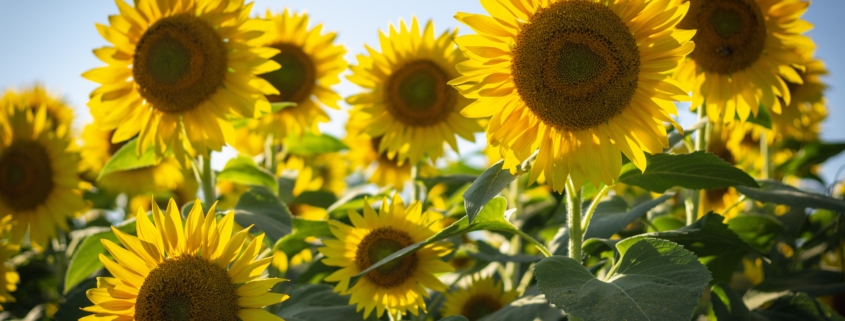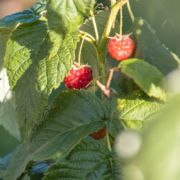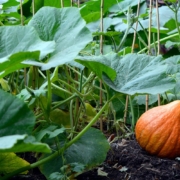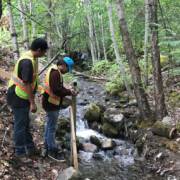Gardens and Climate Change – How Growing a Resilient Garden Helps Fight Global Warming
It’s the time of year when people across Turtle Island are turning to their gardens for food and for enjoyment. Fresh food from the garden supports health and wellness which improves our resilience as human beings. Growing a resilient garden also supports Mother Earth as the climate changes.
A garden (or a person) is resilient when it’s able to bounce back after facing extreme conditions. By learning different resilient gardening techniques, we can help our gardens withstand extreme weather caused by climate change. Practices that make gardens more resilient include, minimizing digging and ploughing (often called tilling), avoiding artificial fertilizers and chemical pesticides, and including native plants. Planting perennials, the kinds of plants that aren’t weeds, but that, like weeds, come back every year without much maintenance, also contribute to making gardens more resilient to climate change in every season.
Indigenous gardens can play a key role in promoting intergenerational cooperation and sharing Traditional Knowledge about food and the environment. For example the Winyan Toka Win Garden a program of the Cheyenne River Youth Project has met the needs of elders who want traditional foods, and Lakota youth who can learn to better reconnect with the land and with each other. These gardens help build resilient communities and serve as community spaces for hands-on learning. Gardens become outdoor classrooms and contribute to Indigenous land-based learning and Indigenous food sovereignty to fight climate change.
With global warming, the growing season across Turtle Island has become longer. Learning to grow a garden that can adapt to a wide variety of growing conditions is an important factor in adapting to global warming and climate change. So, maybe the next time you admire your Three Sisters Garden grow, or the purple-stemmed asters or another native wildflowers where you live, remember that these plants help build the resilience of all of us, and Mother Earth, to climate change.
By Leela Viswanathan

 Bonnie Kittle (Unsplash)
Bonnie Kittle (Unsplash)

 Christian Wiediger, Unsplash
Christian Wiediger, Unsplash




